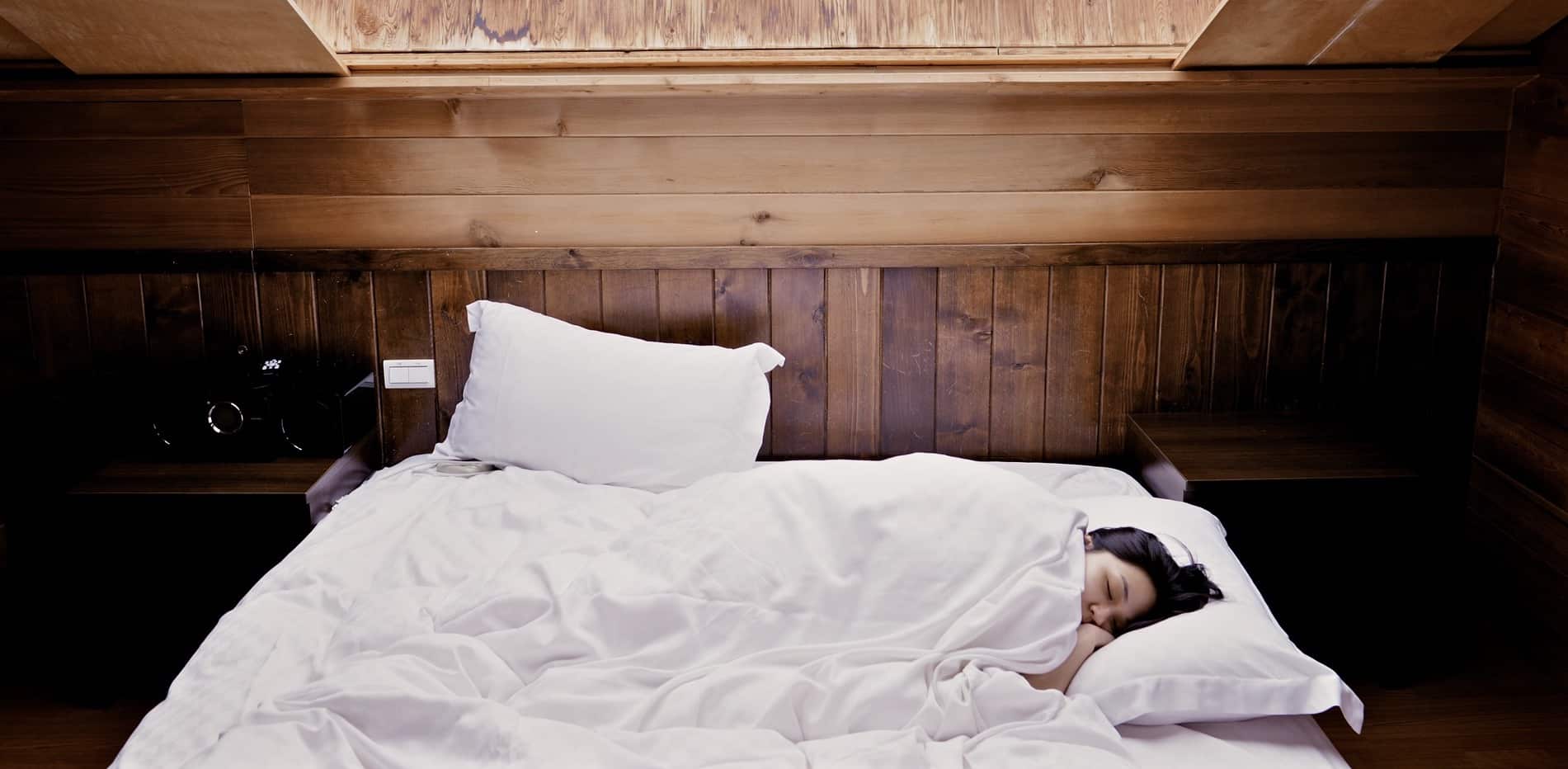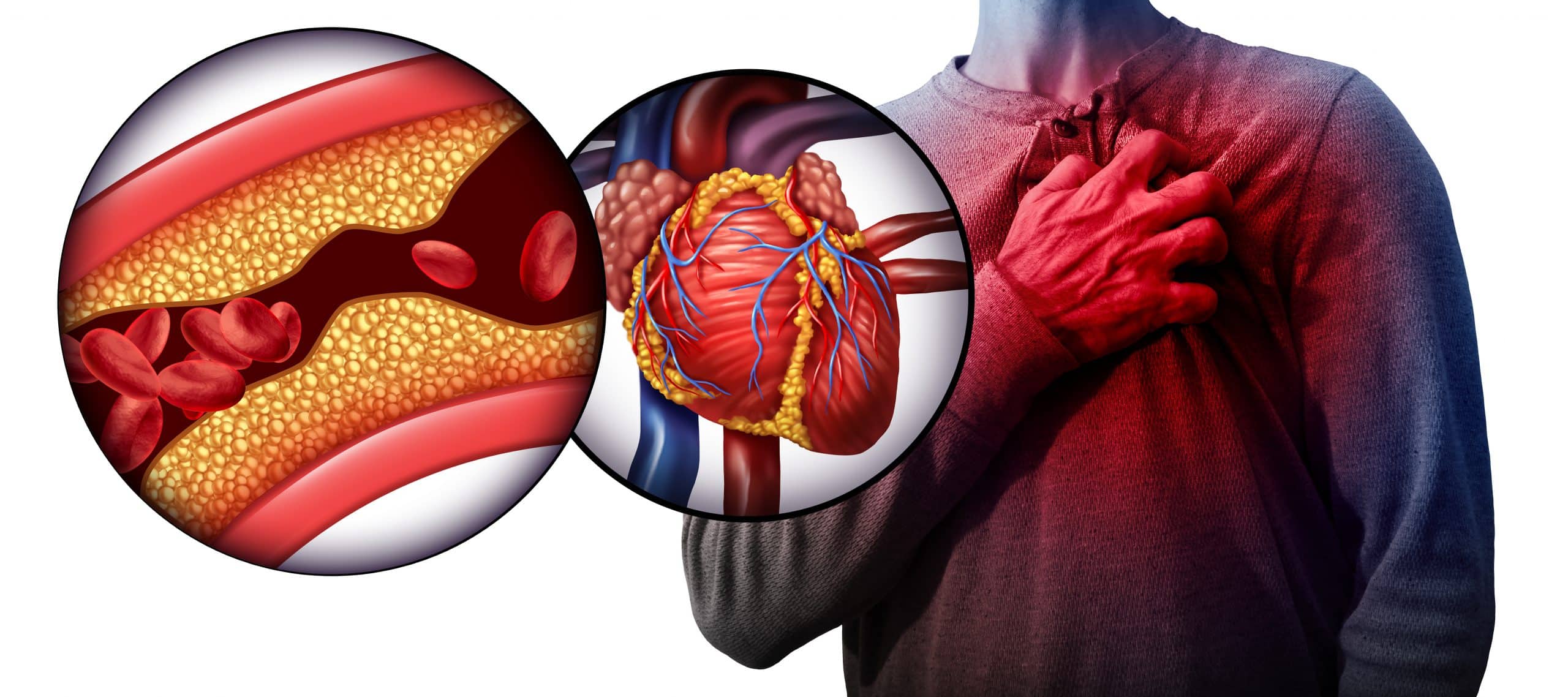These days, it’s incredibly common to hear that lack of sleep causes health issues and detriment to your body. But what about overskeeping? Oversleeping by definition means sleeping significantly longer than 7-9 hours per night on a regular basis (teenagers, no surprise, need a regular 8-10 hours). Oversleeping is a concern both because of the possible causes like underlying conditions, and the influence it has on your quality of life. Oversleeping is also linked to cardivascular risk—find out the causes, risks and signs of oversleeping.
These days, it’s incredibly common to hear that lack of sleep causes health issues and detriment to your body. But what about overskeeping? Oversleeping by definition means sleeping significantly longer than 7-9 hours per night on a regular basis (teenagers, no surprise, need a regular 8-10 hours). Oversleeping is a concern both because of the possible causes like underlying conditions, and the influence it has on your quality of life. Oversleeping is also linked to cardivascular risk—find out the causes, risks and signs of oversleeping.
Causes for Oversleeping
Oversleeping, known as “hypersomnia,” is fairly uncommon. But oversleeping can result from various sleep conditions and general health conditions. This is why it’s important to pay attention to your sleep health—because it could indicate an underlying issue. The most common causes for oversleeping include sleep apnea, heart disease, thyroid issues and depression.

The link between heart disease and oversleeping mostly lies in sleep apnea. Sleep apnea is a common sleep disorder in which you periodically stop breathing throughout the night as you sleep. The sleeper gasps for air and is likely jolted awake. This may happen 15 to 30 times over the course of a few hours. Because their quality of sleep is so poor, those with sleep apnea usually oversleep to compensate. Someone with this condition may sleep for 10 hours and still feel exhausted all day. And as so many people recognize now, poor quality of sleep is associated with heart disease, hypertension and heart failure.
Here’s how sleep apnea affects your heart: a suudden drop in oxygen levels leads to the release of adrenaline, a hormone. Prolonged heightened levels of adrenaline in the body lead to high blood pressure. Between 47% and 83% of people with cardiovascular disease also have sleep apnea.
To improve your quality of sleep and prevent oversleeping, it’s best to limit alcohol and caffeine consumption. Both of these interfere with sleep cycles, delaying deep sleep and prolonging a healthy night’s rest. Your doctor might also recommend light exercise (just not near bedtime).
When to Visit a Doctor
If you’ve ever slept in late on the weekends, you know that sleeping too much can actually reduce your energy and make you groggier. If you feel chronically tired even after sleeping for so many hours, this could be a sign that you should visit a doctor about your oversleeping. If your friends or spouse complain that your snoring is out of control, this could also signify underlying issues. If your blood pressure seems to be rising over time, it’s important to consider the potential causes including your sleep health. Sleep apnea is not only dangerous because of the long term cardiovascular consequences, it’s dangerous because you could stop breathing for too long at night.

You may be asked to participate in a sleep study or keep a sleep journal at home so that your healthcare professional can gain better perspective on your symptoms. If you are diagnosed with sleep apnea, be sure to follow up with a healthcare professional about your cardiovascular risk. To make an appointment, visit https://cvgcares.com/ today.
Causes for Oversleeping
Oversleeping, known as “hypersomnia,” is fairly uncommon. But oversleeping can result from various sleep conditions and general health conditions. This is why it’s important to pay attention to your sleep health—because it could indicate an underlying issue. The most common causes for oversleeping include sleep apnea, heart disease, thyroid issues and depression.
The link between heart disease and oversleeping mostly lies in sleep apnea. Sleep apnea is a common sleep disorder in which you periodically stop breathing throughout the night as you sleep. The sleeper gasps for air and is likely jolted awake. This may happen 15 to 30 times over the course of a few hours. Because their quality of sleep is so poor, those with sleep apnea usually oversleep to compensate. Someone with this condition may sleep for 10 hours and still feel exhausted all day. And as so many people recognize now, poor quality of sleep is associated with heart disease, hypertension and heart failure.
Here’s how sleep apnea affects your heart: a suudden drop in oxygen levels leads to the release of adrenaline, a hormone. Prolonged heightened levels of adrenaline in the body lead to high blood pressure. Between 47% and 83% of people with cardiovascular disease also have sleep apnea.
To improve your quality of sleep and prevent oversleeping, it’s best to limit alcohol and caffeine consumption. Both of these interfere with sleep cycles, delaying deep sleep and prolonging a healthy night’s rest. Your doctor might also recommend light exercise (just not near bedtime).
When to Visit a Doctor
If you’ve ever slept in late on the weekends, you know that sleeping too much can actually reduce your energy and make you groggier. If you feel chronically tired even after sleeping for so many hours, this could be a sign that you should visit a doctor about your oversleeping. If your friends or spouse complain that your snoring is out of control, this could also signify underlying issues. If your blood pressure seems to be rising over time, it’s important to consider the potential causes including your sleep health. Sleep apnea is not only dangerous because of the long term cardiovascular consequences, it’s dangerous because you could stop breathing for too long at night.
You may be asked to participate in a sleep study or keep a sleep journal at home so that your healthcare professional can gain better perspective on your symptoms. If you are diagnosed with sleep apnea, be sure to follow up with a healthcare professional about your cardiovascular risk. To make an appointment, visit https://cvgcares.com/ today.



